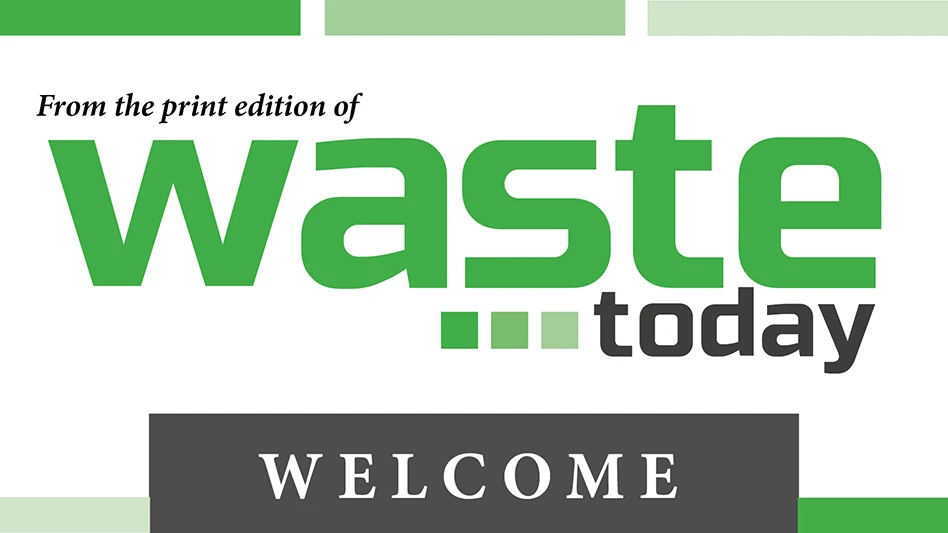
Since Feb. 3, a firestorm has been brewing over the Norfolk Southern train derailment in East Palestine, Ohio, and the subsequent cleanup effort.
In the aftermath of the derailment, several states have raised concerns about receiving contaminated soil from East Palestine for disposal.
Oklahoma Gov. Kevin Stitt stated on Twitter that he “worked with [his] team … to stop the shipment [from] coming to our state. There are too many unanswered questions, and, ultimately, I made the decision that this is not in the best interests of Oklahomans.”
In a March 17 press conference, U.S. Environmental Protection Agency (EPA) Administrator Michael Regan did not mince words on the topic: “While the contaminated soils here are not out of the ordinary, I would say that the response of some states to block potential shipments of those wastes is unusual, and we are reminding all states that any attempt to impede interstate shipments of hazardous waste threatens the integrity of the system.”
With just one hazardous waste landfill in the state, Ohio Gov. Mike DeWine has expressed frustration that other states are declining to accept some of the 24,400 tons of excavated soil contaminated with butyl acrylate and vinyl chloride. Fewer than two dozen Subtitle C hazardous waste landfills around the country can accept the contaminated material.
The soil from East Palestine is typical of the materials disposed of at Subtitle C landfills. Officials from Indianapolis-based Heritage Environmental Services Inc., which has accepted soil at its Roachdale, Indiana, site, and Boise, Idaho-based US Ecology—acquired by Republic Services in early 2022—which has accepted material at its Belleville, Michigan, landfill, say the soil is not unusually contaminated compared with other material the hazardous waste landfills receive.
“While there may have been exposure at and around the derailment site to material released directly from the railcars, the material being shipped off-site for disposal is minimally contaminated soil to which no one will be exposed [to] after the material is placed on trucks,” says Ali Alavi, an executive vice president of regulatory affairs and general counsel for Heritage Environmental Services.
The bottom line for Ohio is that only slightly more than one-quarter of the contaminated soil has been removed from East Palestine, according to a March 23 news release from the state.
It does seem as though the soil from East Palestine is receiving undue scrutiny. This could perhaps be the result of posturing by politicians eager to make a show of protecting their residents, but, based on Regan’s statements, the EPA seems determined the soil will be transferred to properly certified landfills around the country.
In the pursuit of transparency, Heritage has done what it should do, and what other companies might need to do, by explaining to residents the nature of the facility and the materials coming to it. Often, these types of discussions are difficult but necessary. Landfill operators can only hope their explanations are heard and understood by local residents who are understandably curious, concerned and probably have never had such a high-profile shipment of hazardous waste come to their towns.

Explore the April 2023 Issue
Check out more from this issue and find your next story to read.
Latest from Waste Today
- Fornnax wins Green Innovation of the Year award
- Louisiana city launches glass recycling program
- City eWaste, Williamson County, Tennessee, offer electronics recycling stations
- Casella commits $1.5M to launch circular economy center at the University of Vermont
- Mavitec Green Energy expands in US market
- Eagle Dumpster Rental identifies its MRF-unfriendly items
- American Securities acquires Integrated Global Services Inc.
- Fleetio integrates Maintenance Shop Network add-in





